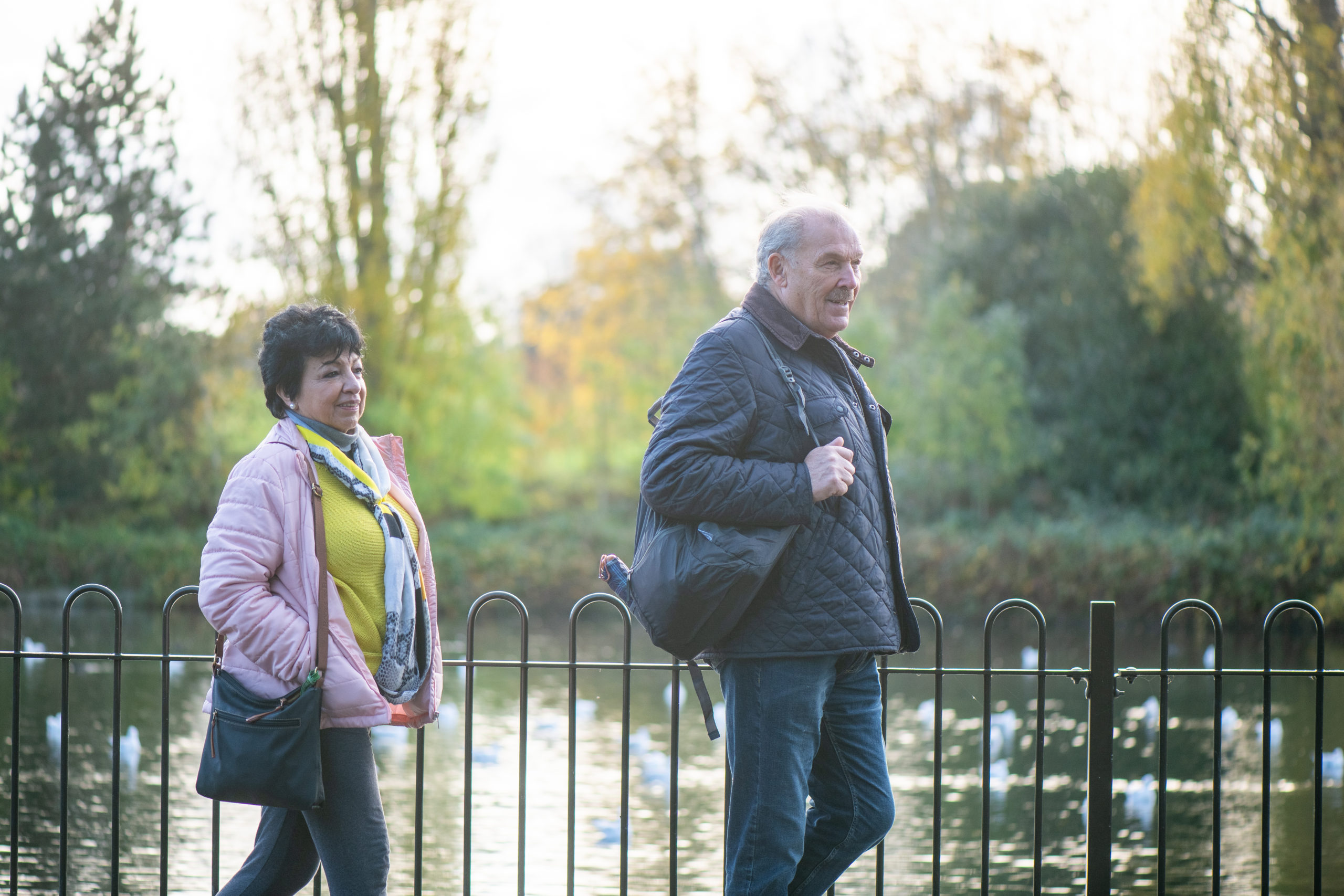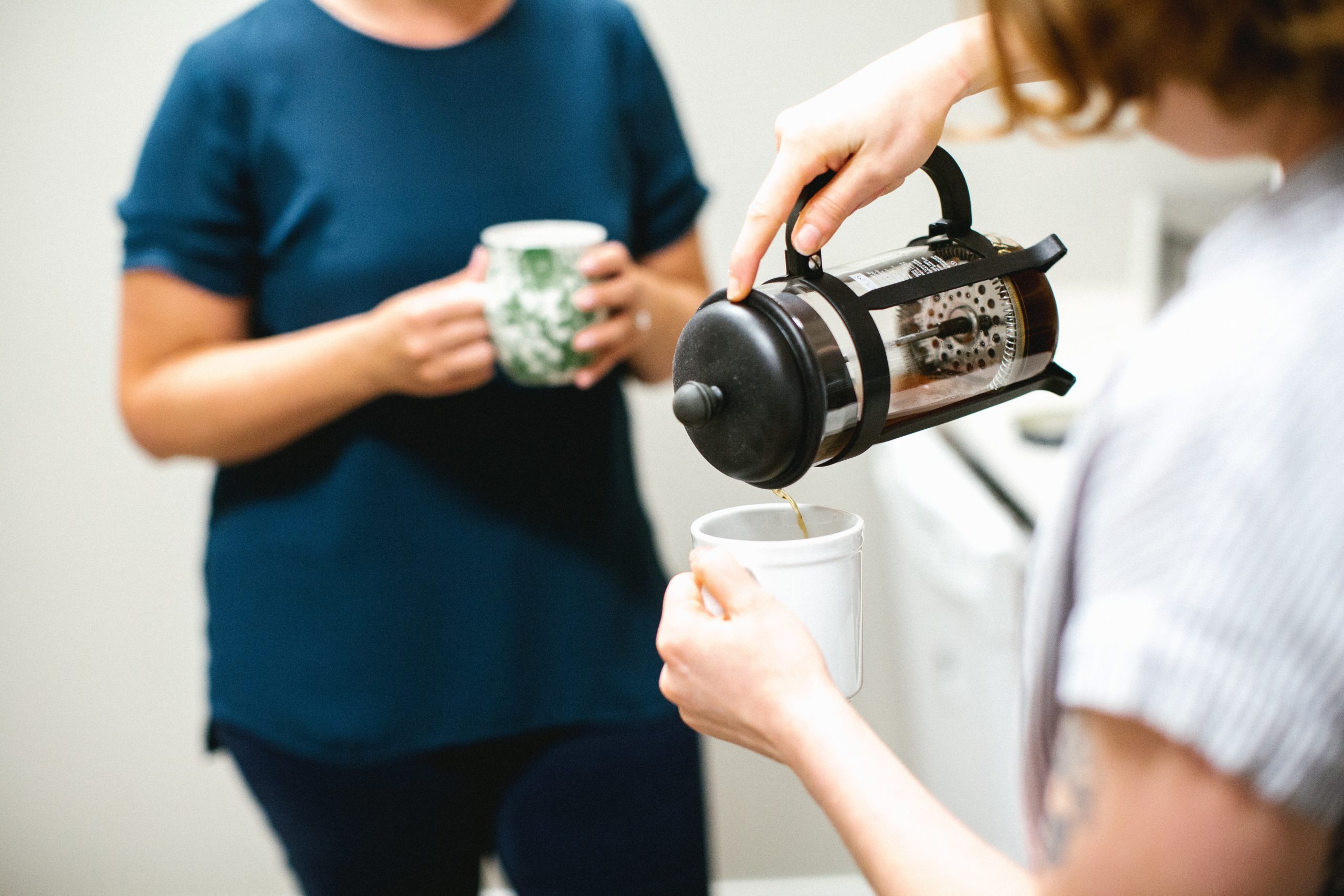
End of Life Care Companions at Aneurin Bevan University Health Board
End of Life Care Companions at Aneurin Bevan University Health Board

We would like to tell you why we have introduced End of Life Companions within our hospitals.
The Aneurin Bevan University Health Board and our partners have collectively recognised that loneliness and social isolation is a significant public health issue, affecting people of all ages. Following a dedicated ‘Time to Talk’ engagement event where we spoke to people who were affected by loneliness, over 50 partners came together to consider how we could best use our rich community assets to support those most at risk of social isolation and loneliness.

Four years ago, on the 26th January 2017, we launched Ffrind i mi/Friend of mine, a partnership approach to combatting loneliness in our communities. Ffrind i Mi has become recognised as a ‘social movement’ in tackling loneliness and social isolation and, as well as having a very reputable volunteer service, supporting people in their own homes, care settings and hospitals, communities are coming together to support lonely people.
As part of our general volunteer activity on our hospital wards, we found that there was a general assumption that if someone was nearing the end of life, it was not appropriate for volunteers to ‘intrude’ at such a sensitive time. However, we were aware that for some people at the end of their life journey, they may have no family or friends to visit. The thought of people dying with no-one to hold their hand was just so sad and we needed to address this.

We therefore considered what we could do to provide companionship at such a difficult time and submitted a bid to the Community Lottery Fund (via Helpforce and Marie Curie). Based on the Marie Curie model, we wanted to develop an End of Life Care Companion service to support patients who were at risk of dying alone in hospitals. For those people who did have family or friends, our model would also support relatives, providing with them with respite.
We advertised for End of Life Companions, with our strapline being “Could you hold the hand of a stranger?” The response was absolutely overwhelming, with over 200 people in 48 hours contacting the Health Board to express and interest.

Funding enabled us to employ a coordinator on a fixed term basis and the Health Board has additionally funded a clinical trainer to ensure that our volunteers have enhanced end of life training, ongoing support and supervision. Our staff have undertaken the Marie Curie training and this enables us to train our own Companions.
We have developed a service specification, a training programme, referral pathways, surveys and evaluation tools.
Our plans to introduce Companions on three designated areas (Care of the Elderly, Gastroenterology and Respiratory wards) in May 2020, were unfortunately delayed due to the COVID-19 pandemic and lockdown. However, we have maintained generic volunteer training virtually and where safe to do so, specific end of life training in socially distanced classroom settings. We now have over 30 Companions who are fully trained, with a further 30 being trained.

In 2021, as lockdown rules and hospital visiting guidance changed, we were delighted to be able to risk assess and introduce our first Companions onto our wards. As well as providing companionship, they are gaining valuable ‘befriending’ experience and are already growing in confidence.
To maximise connections between people and their families, we have provided digital connection training to the Companions. Already Companions are helping patients to facetime loved ones who are unable to visit them, supporting them to say goodbye.
For further information on the Aneurin Bevan University Companion Model, please contact:
Tanya Strange, Assistant Director of Nursing tanya.strange@wales.nhs.uk or
Claire Jordan, Senior Nurse Claire.Jordan@wales.nhs.uk


